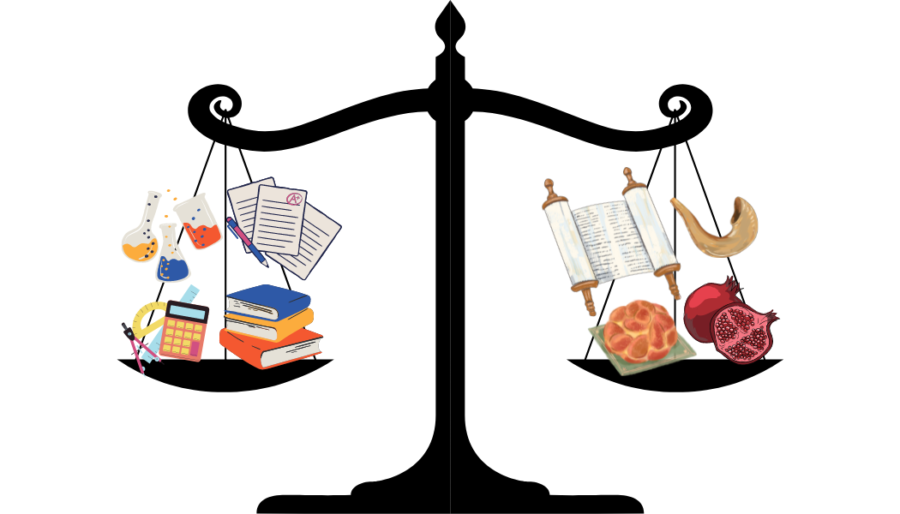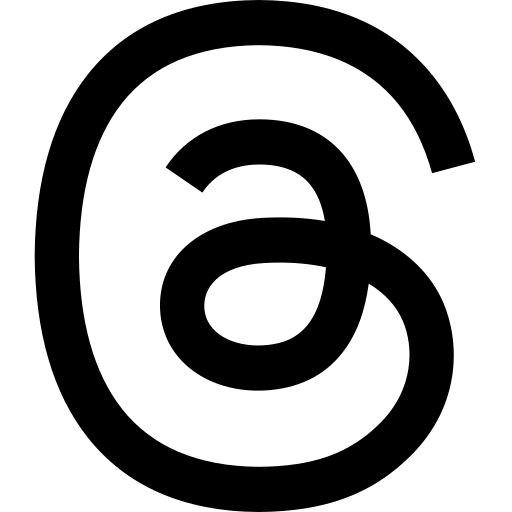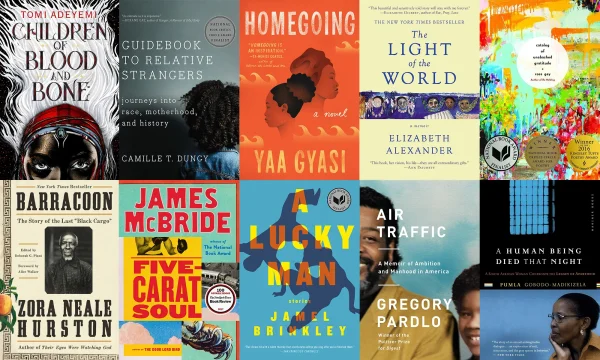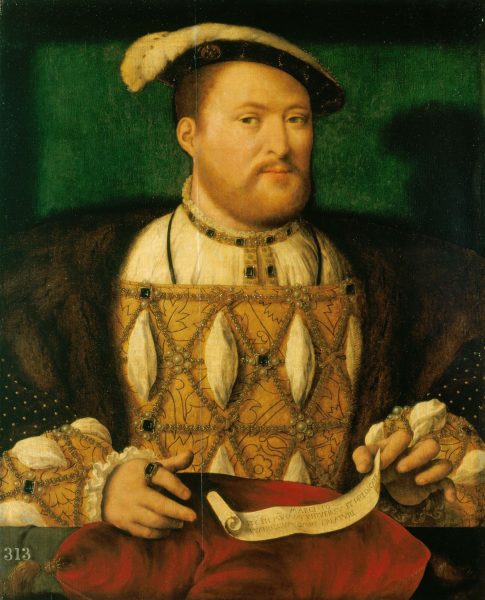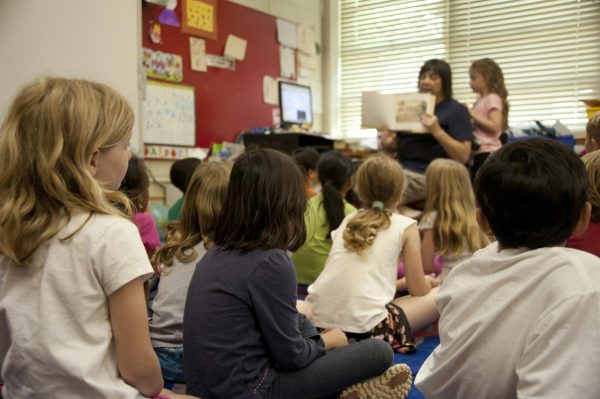An open letter from a tired Jewish student
Every year, going back all the way to elementary school, I have missed two days of school in the fall: one for Rosh Hashanah, and then another, ten days later, for Yom Kippur. And every year, in the days and weeks leading up to these holidays, I have studied the calendar anxiously to see what I would miss.
Did one of my teachers schedule a test on one of these days? (Not this year, thankfully, but it did happen last year, and I know other Jews who missed tests this year.) Did one of them fall on the first day of school? (In 2018, the first day of kindergarten for Seattle Public Schools and several other districts was the same day as Rosh Hashanah. Parents and religious groups lobbied to get them to change it, but they were unsuccessful.) Do they overlap with picture day, with homecoming, with an important science lab?
I am tired of worrying every year about what I will miss. I am tired of having to debate whether to prioritize my schoolwork or my religion. I am tired of feeling like teachers and school administrators only value Christian students and holidays. And I’m also tired of how many times Jews have said this to no effect.
So here’s my request: Next year, when you’re making your calendar for the year, look up when Rosh Hashanah and Yom Kippur are, and don’t schedule anything for that day that will be a pain to make up.
That’s it. That’s all I expect. I understand that we are in King County (2.5% Jewish), and not in New York City (12% Jewish), where public schools are closed for these holidays every year. I know I will miss something and have to make it up. I’m just asking that it’s a worksheet or an average activity rather than a test.
I’m not mad at my teachers, necessarily, for not knowing. I know there are a lot of holidays, and it’s not immediately obvious which ones you need to keep an eye out for. (For example, Hanukkah is not like Christmas, and I will not be missing school for it.) Mostly I’m just disappointed and tired.
I wish that my telling my teachers I’d be gone was not the first time they thought about the timing of Rosh Hashanah. I wish I didn’t have to advocate for things that Christian students get automatically. I wish I didn’t feel forgotten.
I’m not sure exactly how many Jewish students there are at Shorecrest; religion isn’t a statistic they survey for, unlike race or gender. But a rough estimate, given that as of 2014, 2.5% of the population of King County was Jewish, would be just over 30 students. From anecdotal experience, I’d guess it might be a little higher. That’s a decent number of students. (Not all of them miss school for the High Holy Days, necessarily, but I’d guess most do. And at least one person I talked to would like to attend services for HHD, but it’s too hard to miss school.) Please remember we exist and our needs are important.
I started writing this article from my perspective as a Jew, but Judaism is not the only religion that is marginalized and forgotten. For example, I talked with junior Aja Njie, who is Muslim. She shared her frustration about the lack of awareness of Eid, the most important holiday in Islam. She, like me, is annoyed that she and other students have to go through the hassle of getting an absence excused and making up work, while holidays like Christmas and Thanksgiving are given off automatically.
“It’s kind of annoying to see that oh, like, a religion with almost how many billion people, and we still can’t find how to put that in a calendar, or in announcements, or even greet students like a happy Eid?” she says. “It’s no different from a holiday in Christianity that’s known. It’s a simple holiday where we get together and celebrate with family, just like other holidays that are celebrated in Christianity, and it’s just not given the attention that it needs to be given. And saying ‘Eid Mubarak’ in Arabic means ‘happy Eid’. And that’s a simple gesture that we’re just not shown.”
“Our society surrounds itself as if Christianity is the only religion when in reality, it’s not. And we need to be opening our eyes to more than just like, oh, there’s Christmas and there’s this. We need to do more than just acknowledge Christian holidays because there are many different religions in the world and many different beliefs in the world, and if we acknowledge all of them, then we’d be more than diverse, and we wouldn’t just claim diversity, we’d actually be diverse.”
Edit: According to the Seattle Times, a group of students in the Lake Washington School District are petitioning their district to make Eid a school holiday. The linked article goes into more depth, and the interviewed students shared many of the same feelings as Aja and me.
—
A brief explanation of Rosh Hashanah and Yom Kippur:
Together, these holidays are called the High Holy Days, or the High Holidays. They are two of the most important Jewish holidays. Many secular Jews who don’t usually attend services go only on the High Holy Days. They occur in the fall, typically in September or October. (All Jewish holidays move around with respect to the Gregorian calendar because the Jewish calendar is lunar rather than solar. However, the calendar does adjust with leap months to make sure holidays always stay in the right season. Another thing about all Jewish holidays: they begin at sunset the night before. For instance, Rosh Hashanah this year was on September 26, but it began at sunset the night of September 25.)
Rosh Hashanah is the Jewish new year. It is a relatively happy holiday. My favorite Rosh Hashanah tradition is dipping apples in honey, to symbolize a sweet new year. An appropriate thing to say to a Jewish person on Rosh Hashanah is “shana tova” (or “shanah tovah”– transliterating Hebrew words is tricky), which roughly translates to “happy new year.” “Happy Rosh Hashanah” also works, if you’re not as confident in your Hebrew.
Yom Kippur falls ten days later, and it is the day of atonement. It is a much more somber holiday. Most adult Jews fast on Yom Kippur, from sundown to the following nightfall. (“Most” is a key word here. Some people don’t fast, for any number of reasons: medical reasons, choice, etc.) It would absolutely not be appropriate to say “happy Yom Kippur,” but you could go with something like “I hope you have a meaningful Yom Kippur.”
Have any more questions? I encourage you to consult Rabbi Google before asking your Jewish friends.



